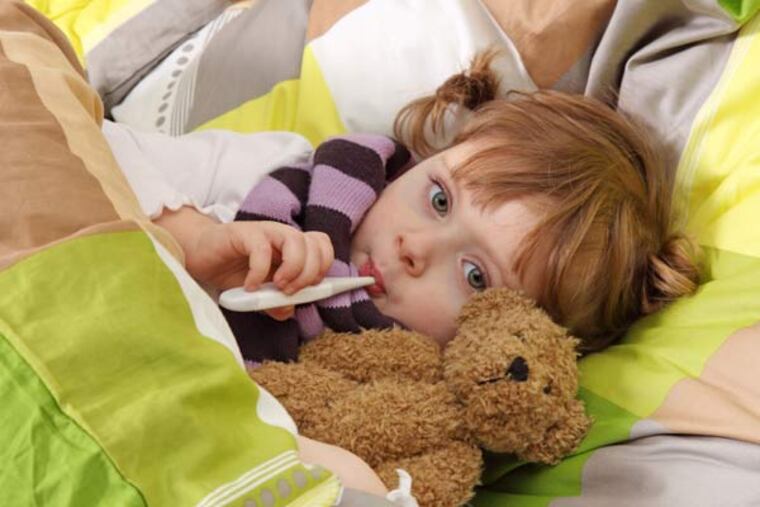
Cold and flu season is upon us. Now is the time when we start to reach into the medicine cabinet and wonder, what can my children take when they get a cold?
The problem is, there is no easy answer.
But there are a few basic rules to treat by. First, the Food and Drug Administration does not recommend over-the-counter cold and cough medicines for children younger than 2. The reason is these medications can have serious side effects on children.
Second, viruses cause common colds. This means that antibiotics or OTC medications will have no effect on the disease course. For older children, OTC medications can only help alleviate symptoms for a short period, but they still just need lots of fluids and rest to get them back to health.
But if you choose to give OTC medications to older children, here are a few tips:
Acetaminophen or ibuprofen can be used to reduce fevers, aches, and pains. Fevers are not bad, and are natural. Low-grade fevers actually help fight the infection. However, medications can be given to help the child feel more comfortable. It is extremely important to give the correct dose. You want to pay proper attention to both weight and age in dosing these medications.
Always read the label for dosing and active ingredients. You want to make sure that any combination medications don't contain the same drugs. You do not want to give too much of the same ingredient and perhaps cause an accidental overdose.
Do not give aspirin to anyone under the age of 18 recovering from a viral infection. Aspirin has been associated with Reye's syndrome, a potentially fatal illness.
Cough suppressants and nasal decongestants can have side effects, including a rapid heart rate. Some of these medications are still being studied in children older than 2. It is always a good idea to check with your physician if you have questions.
Non-pharmacological agents work best. Most common colds do not require medication. Always offer fluids. Moisten nasal passages with cool-mist humidifiers and saline nasal drops. Soothe sore throats with cold liquids and solids. Use suction bulbs for a baby or a young child. Rest, rest, and more rest.
Most common colds just have to run their course. Some old remedies are still correct - lots of rest and some chicken soup are sometimes the best medicine.
Here are some scenarios in which you should always contact your health-care provider:
If your infant has a fever and is 2 months old or younger.
If your child has any trouble breathing, or has blue lips.
If your child is not eating, drinking, or is urinating less than usual.
If the cough is lasting more than 2 weeks.
If your child is inconsolable.
High fevers, usually 102 or above.
If your child is getting worse.